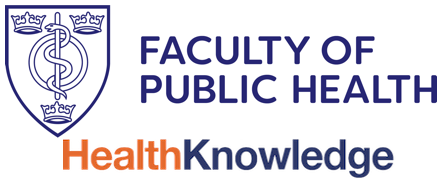Critical appraisal is the process of carefully and systematically examining research to judge its trustworthiness, and its value and relevance in a particular context.
It is an essential skill for evidence-based practice because it allows public health professionals and clinicians to find and use research evidence reliably and efficiently to inform their decision-making.
In order for public health practitioners to protect the health of the populations for whom they are responsible and to be able to commission first class services, they need reliable information about what might harm the population, what sort of care is best for those who are ill, and what services represent good value for the NHS. Good research is needed to generate reliable information. Research involves designing a study, gathering data, then collating and analysing it to produce meaningful information. However, not all research is good quality and many studies are biased and their results untrue. This can lead people who read it to draw false conclusions.
So, how can you tell whether a piece of research has been done properly and that the information it reports is reliable and trustworthy? How can you decide what to believe when research on the same topic comes to contradictory conclusions? This is where critical appraisal skills help.
If health care professionals and managers are going to make the best decisions they need to be able to:
- Decide whether studies have been undertaken in a way that makes their findings reliable.
- Make sense of the results.
- Know what these results mean in the context of the decision that needs to be made.
